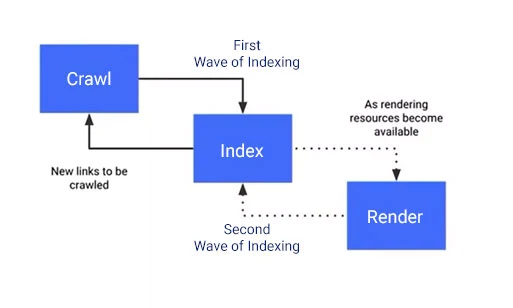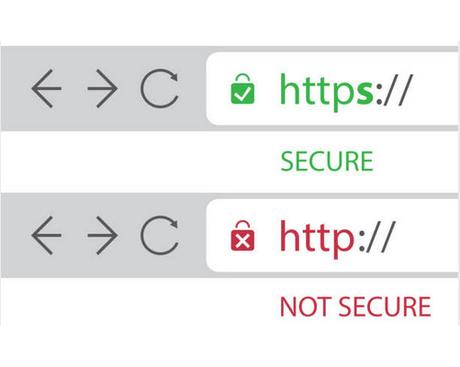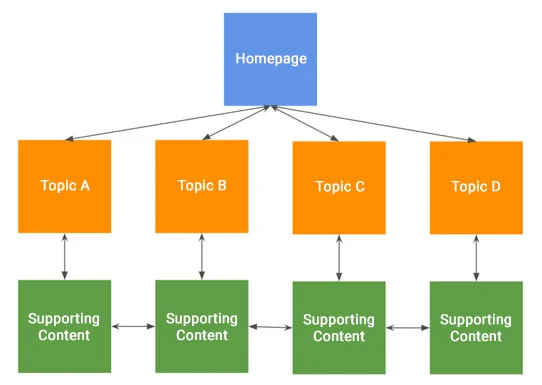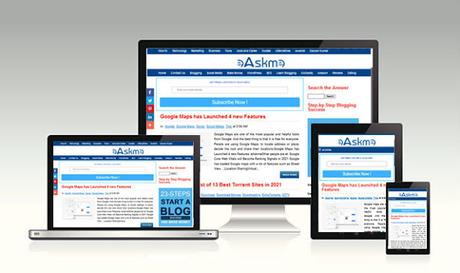The optimization of your web pages or blog posts structure can impact the SEO performance of your website. To get better results, you must l earn how to discover site structure issues and get rid of them.
You must optimize your blog or website with SEO to attract maximum traffic, increase conversion and revenue.Other people are at: How to Level Up Your SEO Skills?
2021 is the year when a structured design will be the search engines priority to rank the website. To achieve this, you need to think beyond just a clean design and easy navigation.
There is no doubt that businesses are still running a website with a flat structure.But in 2019, during a webmaster hangout, Google's John Muller indicated that site structure or hierarchy work as better indicators for Google.
- How pages are connected or related?
- What is the reason or meaning of the page on the website?
- The structured site architect for search engines.
- Visually appealing site for visitors.
And you can achieve both.
If you go beyond logic, then all your design, content and SEO efforts will go in vain.For SEO, it is essential to have a structured website.
An enhanced website structure will have a positive impact on traffic, conversion and SEO.
Today, I am sharing how your website structure is affecting SEO and what you should do for it.By working on your site structure, you will improve the user engagement and user experience for your business. This will also help you to achieve your goals, sell more products and offer better services.
Crawlability:
Your site's crawlability is one of the crucial factors to get your content listed in search results.
Search engine navigates through pages, sub-pages, folders and content to understand the website and its relevance.You can improve the crawlability of your website by working on your website structure.

Web crawlability is the ability of search engines to crawl your website content. This way, search engines find out what your content is all about.A good website crawlability work on the principle that there is no dead-end when crawling your website.
Your webpage should make the visitor move quickly from one page to another. It is known as a crawlable page.
Different search engines are using different search robots to crawl and index website content.
This is the primary reason why you should add internal links to all of your web pages. This will connect pages and make them crawlable.
You should use structured data, schema markup plugins, and Breadcrumbs to achieve your goal.
Site's URL Structure:
URL structure or your website and web pages affect SEO performance. It tells the search engine how structured your webpage is.
A structured URL work as blocks of your website hierarchy. These will pass value from your domain. URL structure also direct users to the pages they are interested in visiting.
URL structure should be easy to read by search engines, queries and visitors.
You should use the URL structure with logic. Then use an XML sitemap to submit all the URLs to search engine.
Do not overload your URL with unnecessary information.

HTTP/HTTPS:
Google want the website to use HTTPS. You must understand the different types of SSL certificates or HTTPS.
More than 50% of sites are using HTTPS.
- Easy AMP implementation
- Improved User Experience
- User information protection
- Better PPC Campaign
- Better Google Analytics report
You should use HTTPS on your website.
Here are the significant benefits of using HTTPS:
Internal Linking:
Internal linking is an important part of every web page. This is an easy way to tell users where the should visit next.

You cannot display every page in your navigation bar. Internal linking makes it easy for the visitor to find all the relevant pages or related pages without searching for them.
Internal linking not only help visitors but also search engines to discover new and old pages on your website. If you do not link pages, then search engines find it hard to crawl such pages.
When internal linking, you need to ensure that you should organize and categorize links.
- Make it easy for search engines to find and crawl pages.
- Decreases blind pages on your website.
- Make it easy for visitors to find relevant content and more information.
- Internal links play an essential role in SERP.
- Professional bloggers and webmasters always link to old pages.
- Some people also link to new pages from the old posts.
The best strategy is to use keywords when linking to other pages on your website or blog.
There are the following benefits of using internal linking for SEO:
Here you need to make sure that you will not leave any dead end.
Keywords and Content:
Every SEO professional knows the importance of keywords and content for SEO. You should use the keywords and content to improve your website structure.
The best practices show how well you understand the competitor topics, your audience, and their search behavior.
To improve website performance in search results, you need to create a search engine and user-friendly website with content that appeals the both.
Duplicate Content:
The high-quality content is the only way to success with the structured website for SEO.Duplicate Content, Plagiarism, content theft, are few of the most common challenges in front of every blogger or webmaster. I have already shared how you can check duplicate content and fight with content theft.
Google considers duplicate content as spam.
Use Google Search Console to find and fix duplicate content on your website.
You can report your content on Medium or LinkedIn, but use your brain when doing it.
Navigation is an essential part of user experience-no one like to visit a poorly structured website with no navigation.Do not post duplicate content anywhere.
Navigation:
No one visits the website twice if he does not know what he/she should do next on your website.
Without navigation, you cannot tell the visitor where he/she should visit for more information. Chances are they will choose your competitor's website.
Time spent, bounce rate, and CTR are few of the factors that help Google to determine the usability of your website.Bad user experience is terrible for SEO and your website.
Google tracks how searcher engaging with your website or blog.
Positive user experience is required to rank higher in Google search results.
- Positive CTR
- Easy to find relevant pages
- Easy navigation
Negative user experience will make Google rank your competitors over your website.
A Good user experience includes;
You can also take feedback from your visitors to understand their experience.
Core Web Vitals:
Google's page experience updated has made Core Web vitals a ranking factor. This also means that you should optimize images, get rid of render-blocking scripts, etc.
You should work on improving CLS.
In 2021, Core Web Vitals will become ranking signals.
Mobile friendly, responsive or mobile-first website is what Google wants for better user experience.Google has already told the SEOs and webmaster to be ready for this update.

Mobile-Friendly:
Your website should load correctly in every device.
Make your designers, developers or IT team work on this area.
Google search central blog has told that it will take time to convert your website to a mobile-friendly website.
Speed and Performance:
Work on improving page speed.Without improving user experience, you cannot improve the ranking. Slow loading site, dead pages, or unresponsive pages will damage the productivity of your developers, SEO experts, etc.
Every second is essential when it comes to traffic and page views.
Conclusion:
Structured website is essential for SEO benefits. It is vital to ensure the hierarchical format on your website.
Your website architect should be according to search engine crawlability.
Invest your time, money and efforts to improve your site structure.
No matter your site is new or old, optimized website structure is essential for every webmaster and SEO.
Follow these points, and you will see how your website structure improve SEO.
If you still have questions? Share via comments.
If you find this article interesting, do share it with your friends and family.
Find this post helpful, don't forget to share it!
Other Handpicked SEO Guides for You;

